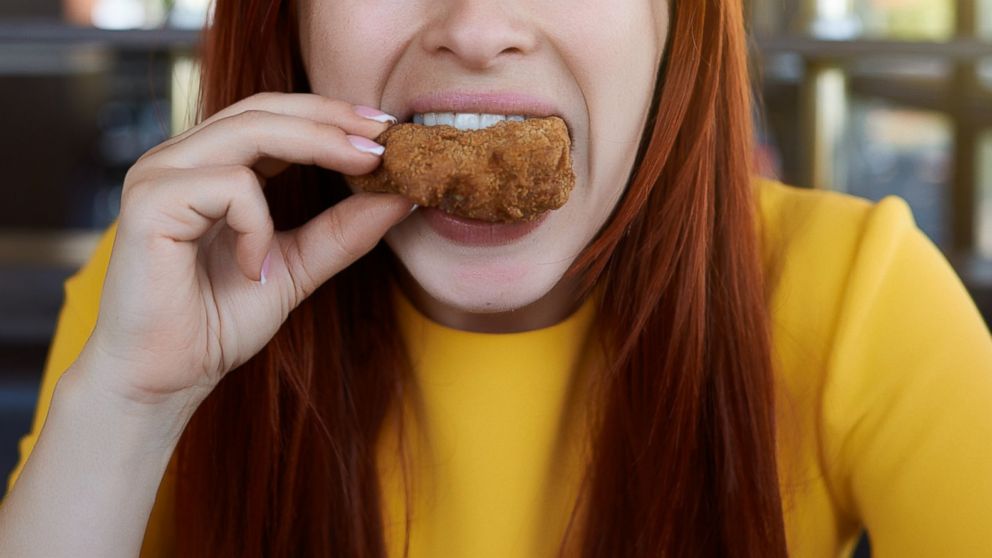Sweet, Salty and Now Fatty: Scientists Work to Uncover 'Sixth' Taste
Food scientists say fatty food has it's own unique flavor.

— -- Forget sweet or sour, researchers say people may have a “sixth” taste for fatty foods.
Researchers out of Purdue University said that the taste of fat dubbed “oleogustus” can be added to the list of distinctive tastes that include sweet, salty, sour, bitter and umami.
To decipher if “oleogustus” could be identified by eaters the researchers conducted a small study to see if people could identify the “unique taste of fat.” They gave participants nose clips so they couldn’t mistake the aroma of food for taste and then had them try different concentrated samples and sort them by taste including sweet, salty, sour, bitter and blank.
In the study 64% of participants could distinguish a fatty acid sample from the group. While a fatty food taste test may seem to have been a dream come true, subjects reported samples with shorter fatty acid chains tasted sour and with longer fatty acid chains tasted pungent or irritating.
One reason for the distaste of the fat-heavy samples may have been the higher concentrations used. To concentrate taste researchers used concentrations of fatty acid chains that are higher than those found in food, but similar to the kinds of fatty acid chains found in cooking oils or fermented products.
Experts say the early experiment needs more research but could help shed light on how we react to certain foods.
Study co-author Richard Mattis told ABC News said that by understanding how the body “tastes” fat, we might also be able to understand if it affects how the body metabolizes foods. He said elevated levels of triglycerides, a main component of fat, is also associated with high levels of cardiac risk in a person.
“From a basic biology perspective it would be nice to know how our sensory systems work, identifying fat as a basic taste is equivalent…to knowing chartreuse is part of the visual [spectrum],” he explained.
Robin Dando, assistant professor of Food Science at Cornell University, said more and more studies have come out finding that fat can have its own flavor and that it could impact what we know about how receptors in the body perceive fat.
“I think it’s a really interesting piece of research the notion that fat is a taste itself is an important concept,” Dando told ABC News. ”This kind of … evidence that says we have a whole extra mechanism [for taste] is really scientifically important and interesting.”
Dando explained that previously researchers simply thought people identified fat by texture and that it didn't have a specific taste.
Amy Jamieson-Petonic, a dietician at University Hospitals Case Medical Center, said having a sixth taste could be extremely helpful when helping patients break down their diet.
“This might potentially be able to help us figure out different ways to tell people get their nutrients,” she said. She reiterated that she thought more study was needed before dietitians and others incorporate the taste of “fat” into their work.
ABC News' Sonia Singh contributed to this article.



